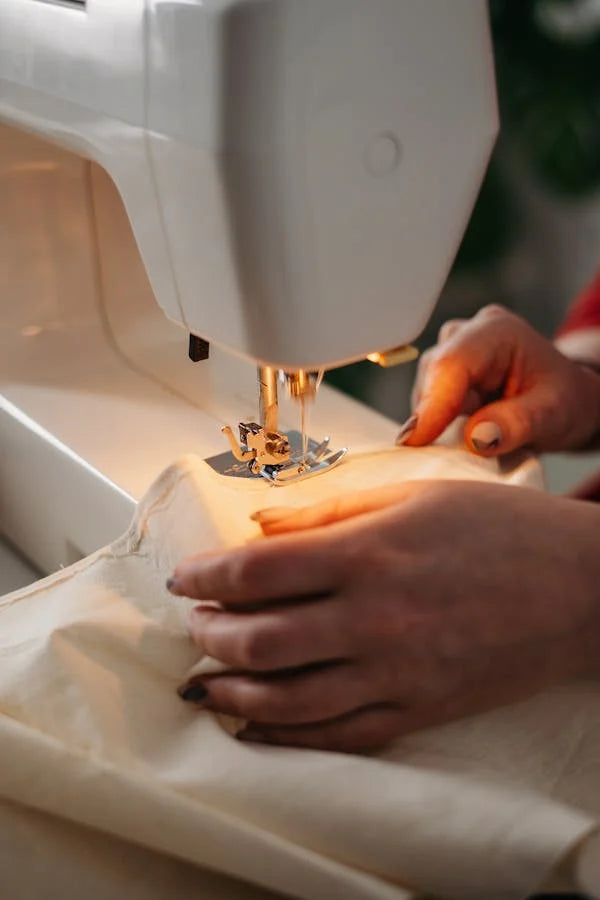Every time we purchase a new high-street top or shop for the latest must-have online, we're contributing—often unconsciously—to one of the world's most rapidly growing environmental issues: textile waste. Fast fashion has transformed the way we consume, but it's also left an unspoken waste issue accumulating in our landfills, polluting our oceans, and depleting our resources.
The Scary Truth Behind Textile Waste
The foundation of fast fashion is speed and volume. Today, 80 to 100 billion new garments are produced annually across the world. That's a record high—and it's not green. And the New clothes are produced largely to be used just a few times and then discarded.
Here are some facts that debunk:
87% of garment material ends up in landfills or is incinerated.
60% of all new clothes are made from plastic-based materials like polyester, which won't biodegrade.
Just 1% of all clothing ever gets recycled into new garments.
Washing our washing can put as much as 500,000 tons of microfibers into the ocean annually, harming sea creatures and making their way into our own food chain.
These statistics aren't just numbers—They're an alarm call.
How We’re Fighting Textile Waste
At [Your Company Name], we’re committed to tackling this crisis head-on. We collect and recycle used clothing, bedding, table linens, and more—giving textiles a second life and keeping them out of landfill. Our recycling process ensures that even worn or damaged textiles are repurposed, reducing the environmental footprint of the fashion industry.
Whether it’s repurposing fabrics for industrial use or processing fibers for new products, we work hard to find value in what others throw away.
What You Can Do
You don’t have to overhaul your entire lifestyle to make a difference. Here are some easy ways you can help combat fast fashion’s waste problem:
-
Buy less, choose well: Invest in quality pieces that last longer.
-
Recycle textiles: Don’t bin your old clothes—bring them to us! Even if they’re torn or stained, we can recycle them responsibly.
-
Support sustainable brands: Choose companies that prioritise ethical production and sustainable materials.
-
Spread the word: The more people know about textile waste, the bigger the impact we can have together.
Join the Movement
Change doesn’t happen overnight, but every action counts. By recycling your unwanted textiles, you're not only reducing waste but helping to build a more sustainable future.

